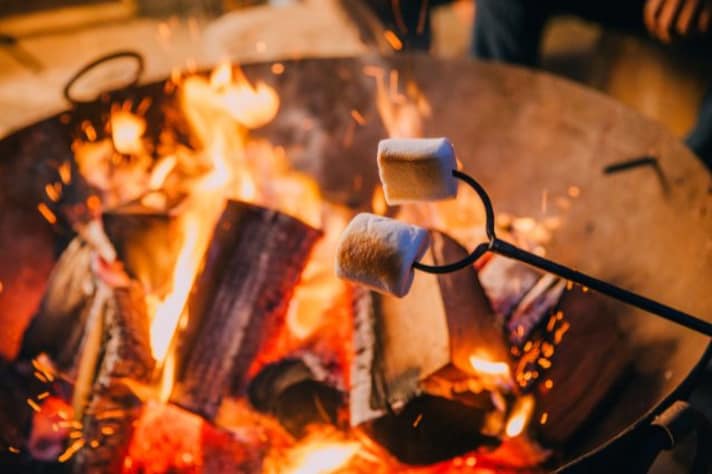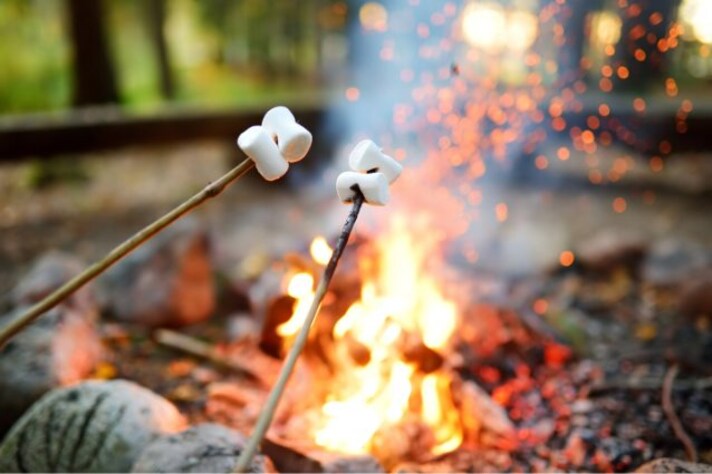
As summer nights bring the perfect weather for bonfires, it's time to gather around the fire, grab some sticks, and pull out those marshmallows from the fridge. Wait a minute—perhaps you should let those marshmallows warm up a bit before you start roasting. No one wants to be stuck trying to roast a cold marshmallow!
The Downside of Roasting a Cold Marshmallow
Roasting a cold marshmallow might seem harmless, but it can actually hinder your quest for the perfect golden-brown treat. Cold marshmallows are firm and dense straight out of the fridge, making them difficult to heat evenly. Instead of becoming the delightful, gooey center we all love, a cold marshmallow can end up charred on the outside while remaining solid in the middle. The contrast between the burnt exterior and the unyielding core is a far cry from the ideal roasted marshmallow experience.

What Happens When You Roast a Cold Marshmallow
When you stick a cold marshmallow over the fire, the exterior heats up much faster than the interior. This rapid heating causes the outer layer to burn before the heat can penetrate to the center. The result is a marshmallow that’s crisp and burnt on the outside but still cold and stiff on the inside. This uneven cooking not only affects the texture but also the flavor, as the sugary surface caramelizes and burns, leaving a bitter taste.
Furthermore, the moisture in a cold marshmallow doesn’t get a chance to distribute evenly. This means you miss out on that smooth, melted consistency that makes roasted marshmallows so delightful. Instead, you’re left with an unpleasant, inconsistent texture that can ruin the s’mores experience.

The Optimal Temperature for Roasting Marshmallows
For the best roasting results, marshmallows should be at room temperature before they meet the flames. Room temperature marshmallows are soft and pliable, which allows them to heat evenly from the outside in. As they roast, the heat gently melts the center, creating that perfect gooey texture without burning the outside too quickly. This ensures a harmonious blend of a slightly crisp, golden-brown exterior and a melty, delightful interior.
To achieve this, simply take your marshmallows out of the fridge and let them sit for about 30 minutes before roasting. This short wait will make a world of difference in the quality of your roasted treats. You’ll find that room temperature marshmallows caramelize beautifully, giving you that quintessential roasted flavor and texture.
;Resize,width=767;)
